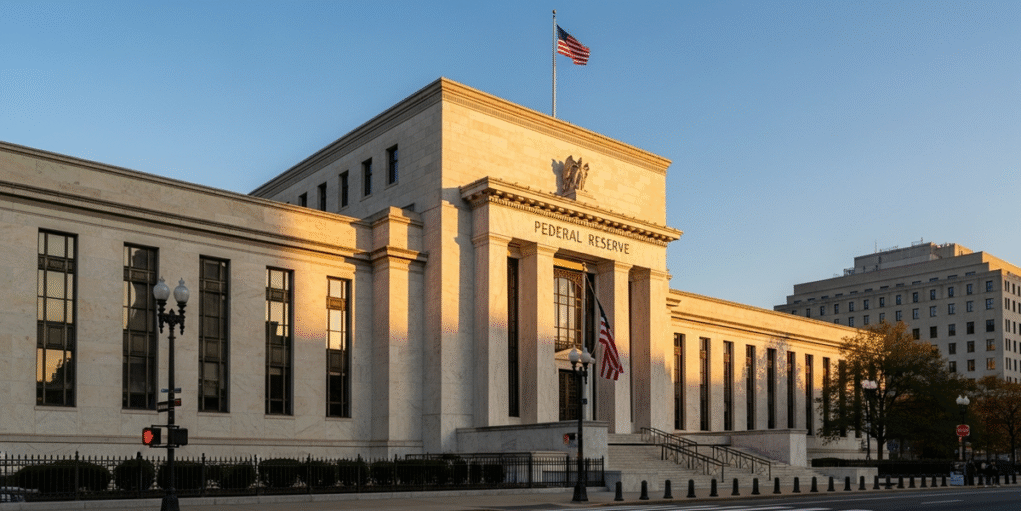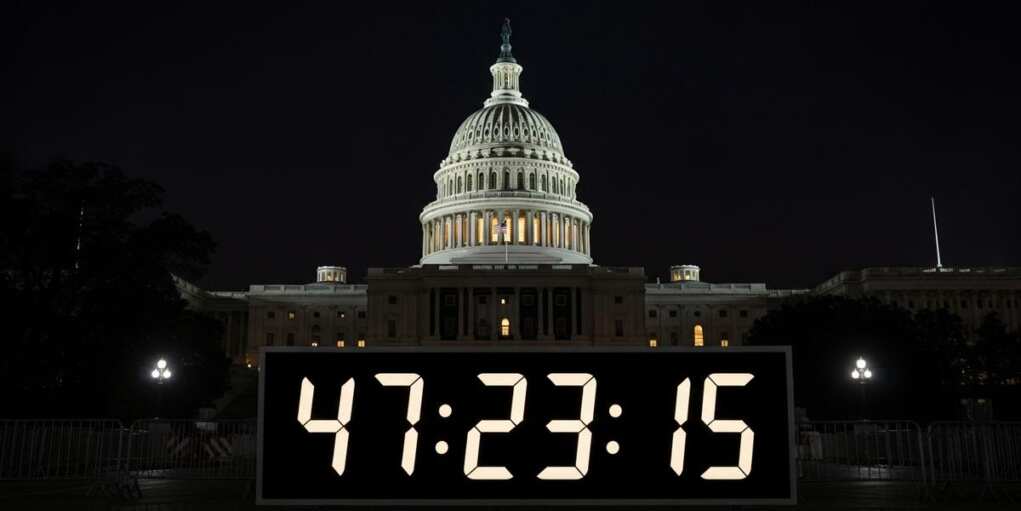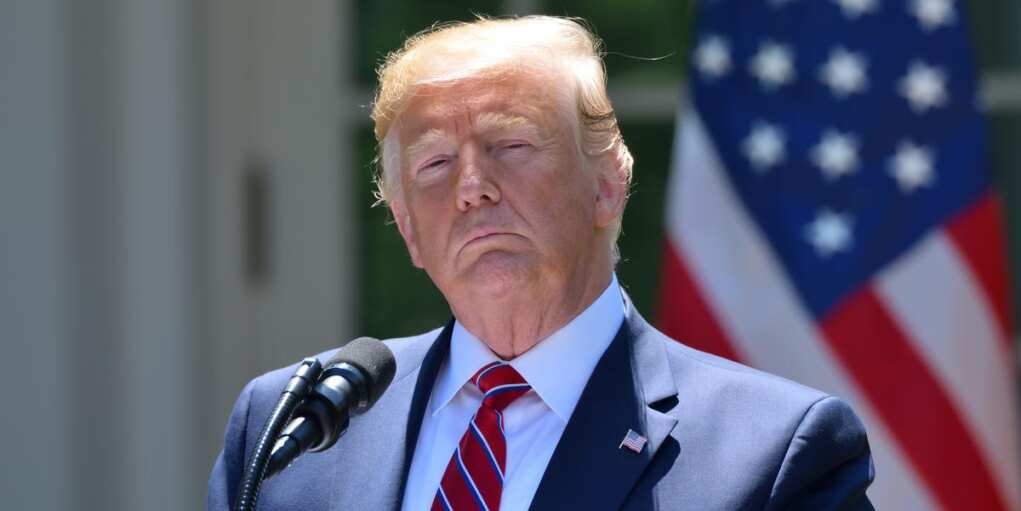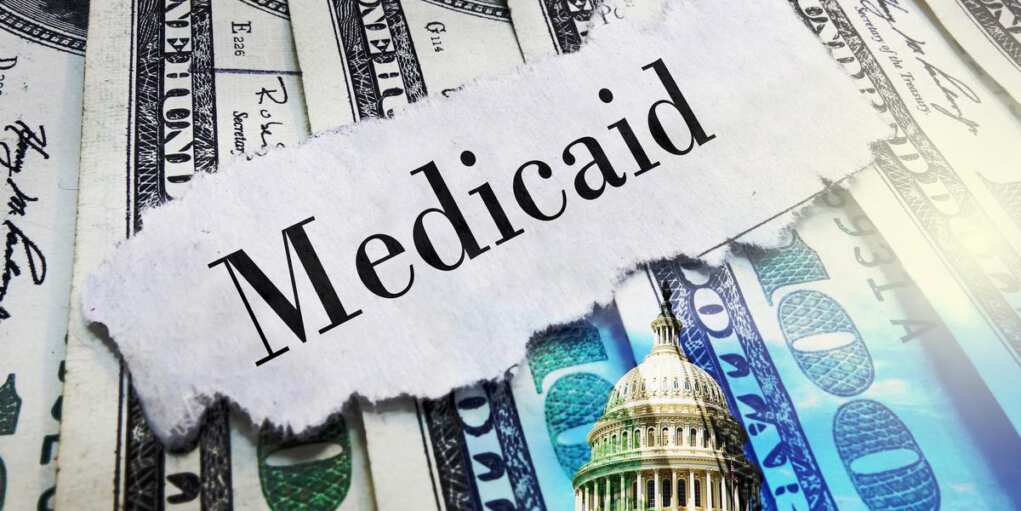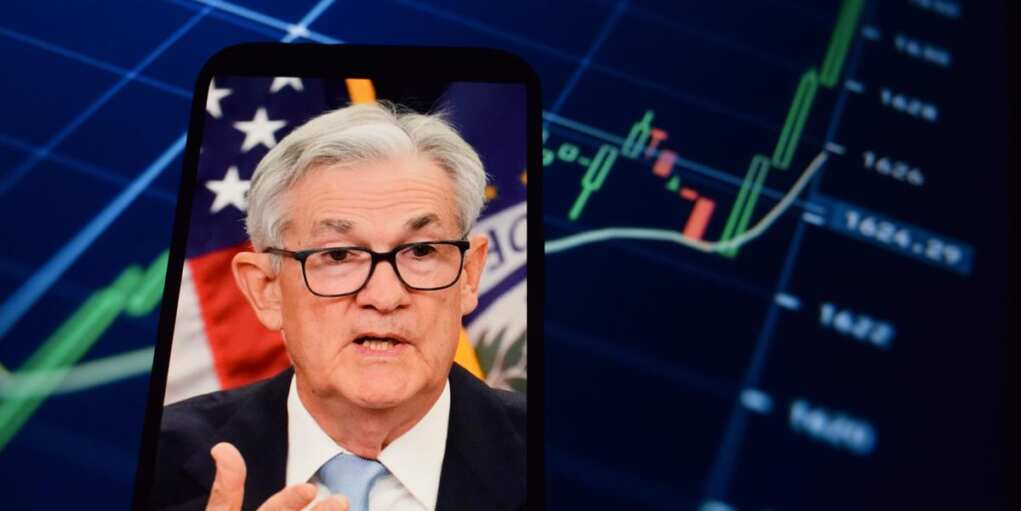Trump Responds To Olympic Skier Who Disrespected America
Imagine this. You’ve trained your entire life for one moment. You’ve made the United States Olympic Team. You’re in Milan, representing the greatest country on Earth on the world’s biggest athletic stage. And your first instinct is to grab a microphone and complain about how hard it is to wear the American flag. Meet Hunter […]
Bill Gates Could Lose Everything
There’s a moment in every scandal where the walls start closing in. It’s not the first accusation. It’s not the investigation. It’s when the people closest to you stop defending you and start pointing at you instead. Bill Gates just hit that moment. And her name is Melinda. The Department of Justice dropped three million […]
Trump Just Fundamentally Changed America’s Economy
Jerome Powell ran the Federal Reserve for eight years. During that time, inflation hit 40-year highs. Interest rates whipsawed from near-zero to levels that crushed homebuyers. The Fed’s balance sheet ballooned to $6.6 trillion. And the central bank spent time and resources joining global climate change groups, implementing ESG frameworks, and pursuing DEI initiatives. In […]
Dems Attack ICE Agents With Life-Threatening Demands
Let’s be very clear about what Democrats are demanding in exchange for funding the Department of Homeland Security. They want ICE agents to remove their masks. They want ICE agents to wear personally identifiable information on their uniforms. They want this in an environment where death threats against agents have increased 8,000%. That’s not a […]
Covid Tyranny Continues As A Shadow Policy
Pete Hegseth has done good work at the Department of War. DEI offices shuttered. Transgender mandates rescinded. The radical social engineering that infected our military under Lloyd Austin is being dismantled. But there’s a massive failure that nobody’s talking about. The service members who were discharged for refusing the COVID vaccine — patriots who stood […]
Schumer Laughs While Holding America Hostage
Democrats are holding the government hostage. Their demand? Cripple ICE. Chuck Schumer announced Wednesday that Democrats won’t support the DHS funding bill unless three “reforms” are implemented. He called them “common-sense and necessary policy goals.” They’re neither. They’re designed to make immigration enforcement impossible. And if Republicans don’t comply? Partial government shutdown starting January 31st. […]
Christian Children Held Captive In America
“Daddy, I thought you were going to die.” That’s what a child told his father after the mob left Cities Church in St. Paul. The family had been surrounded in their car. Prevented from leaving. Terrorized during what was supposed to be Sunday worship. The details emerging from witness statements are horrifying. This wasn’t protest. […]
America’s New Super-Advanced Weapon
“The Discombobulator.” That’s what President Trump calls it. And apparently, it’s the reason Nicolas Maduro is sitting in a Brooklyn jail cell instead of ruling Venezuela. The Revelation Trump sat down with the New York Post in the Oval Office and dropped a bombshell that sounds like something out of a Tom Clancy novel. During […]
Assassination Culture Rising – With Surprising Supporters
We’ve had two assassination attempts on Donald Trump. Charlie Kirk was gunned down at a speaking event. A CEO was executed on a Manhattan sidewalk. And somehow, a chunk of America looked at all of it and said, “Yeah, that’s fine.” Welcome to assassination culture. It’s real. It’s growing. And the people driving it aren’t […]
Mario Lopez Destroys Gavin Newsom In Snarky Post
The White House posted a win: 43 states now have gas under $3 per gallon. That’s what happens when you have an administration that actually wants Americans to afford driving their cars. Mario Lopez saw it and couldn’t resist: “NOT California, that’s for sure…” That’s it. Five words. And it lit up social media because […]
Anti-ICE Rioters Reveal Their True Anti-White Feelings
Dean Dietrick JrThis is what happens when you build a movement on paranoia and rage. Eventually you start seeing enemies everywhere—including at the lunch counter. A group of software engineers were eating at a Minneapolis restaurant when anti-ICE protesters surrounded the building, blowing whistles and screaming. Their crime? Being white men wearing sweatshirts and jackets. You know, […]
Trump Gives A Brutal Warning To Walz – Protect ICE Or Else…
Evan El-AminPresident Trump issued a stark warning: stop the attacks on ICE agents immediately, or he’ll use the Insurrection Act to “quickly put an end to the travesty that is taking place” in Minnesota. This came hours after Governor Tim Walz released a video encouraging Minnesotans to film ICE operations, join agitator organizations, and create a […]
Medicaid Funneled To Illegals – Anything Left For Americans?
zimmytws“UPDATE: It’s worse than we thought.” That’s Dr. Oz announcing that the Medicaid fraud scandal has grown from $1.3 billion in October to over $1.8 billion now — and CMS is withholding nearly $300 million from California until they can demonstrate they didn’t break federal law. Federal Medicaid dollars are explicitly prohibited from funding non-emergency […]
Bible Lawsuit Exposes Weird Requests From School District
Herlanzer“I want to make it very, extremely, abundantly clear, that yes, I do in fact hold animus toward LifeWise Academy.” That’s Everett, Washington school board director Charles Adkins, admitting on the record that he holds hostility toward a Christian organization. At a public board meeting. While his district is being sued for religious discrimination. The […]
Fed Chairman Under Criminal Investigation
miss.cabulJerome Powell says he’s being criminally investigated for setting interest rates based on “the public interest” rather than “the preferences of the president.” That’s one interpretation. Here’s another: the Fed Chair may have lied to Congress about a $600 million cost overrun on a building renovation, and the Justice Department wants to know why. Grand […]



